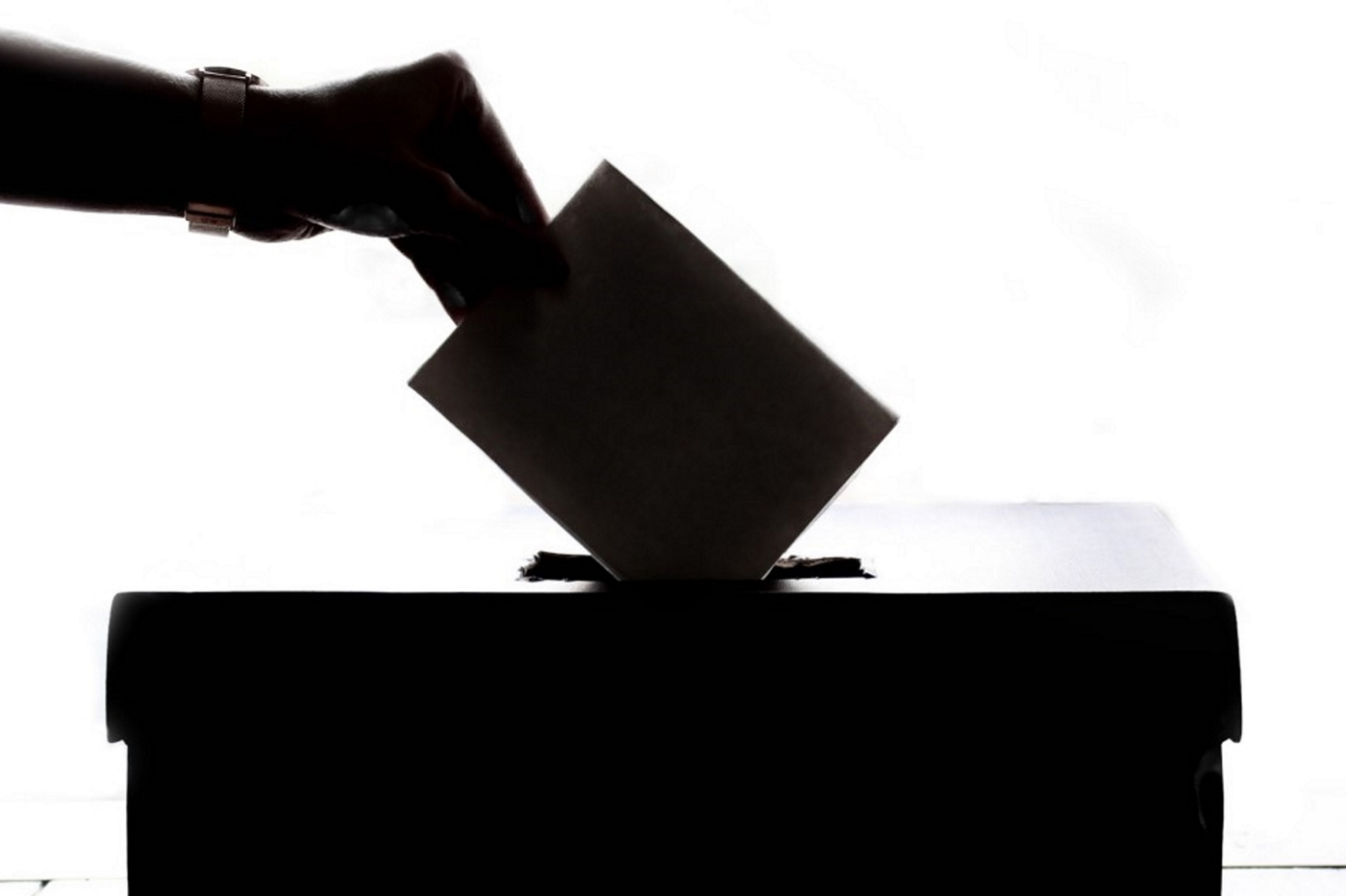
Project reference
15-0048-075-SLV-Elec_Follow
Contract duration
2019
Budget
81,528
Countries
El Salvador
Keywords
Elections, Governance
European Union Electoral Follow-up Mission (EU EFM) to El Salvador
On 3 February 2019, El Salvador entered a new phase of its political history by electing the first president not originating from any of the two camps that fought the civil war (1980-1992). The EU
deployed Electoral Observation Missions (EOMs) to the 2018 legislative and municipal elections and to the
2019 presidential elections. Both missions found the elections to be inclusive, whilst delivering several
recommendations for future improvement. Political parties within the National Assembly, the Supreme
Electoral Court, the Sanchez Ceren administration, and civil society have expressed their support for
electoral reform and EU EOM recommendations, which are largely viewed as important and timely.
Following these EOMs, the EU issued a total of 45 recommendations, including several requiring changes in the legal framework. Key areas of improvements are the structure of the electoral body, the voter register, campaign finance, electoral justice and sanctions, the democratization of temporary electoral bodies, representation of women, media, and the rights of minorities.
The overall objective of this assignment was to contribute to improving the electoral and democratic
framework during the inter-election period and raising awareness and understanding of the EU EOM
recommendations and technical issues related to their implementation.
The specific ojectives of the mission were the following:
alignment with international standards for democratic elections;
deployed Electoral Observation Missions (EOMs) to the 2018 legislative and municipal elections and to the
2019 presidential elections. Both missions found the elections to be inclusive, whilst delivering several
recommendations for future improvement. Political parties within the National Assembly, the Supreme
Electoral Court, the Sanchez Ceren administration, and civil society have expressed their support for
electoral reform and EU EOM recommendations, which are largely viewed as important and timely.
Following these EOMs, the EU issued a total of 45 recommendations, including several requiring changes in the legal framework. Key areas of improvements are the structure of the electoral body, the voter register, campaign finance, electoral justice and sanctions, the democratization of temporary electoral bodies, representation of women, media, and the rights of minorities.
The overall objective of this assignment was to contribute to improving the electoral and democratic
framework during the inter-election period and raising awareness and understanding of the EU EOM
recommendations and technical issues related to their implementation.
The specific ojectives of the mission were the following:
- Generate additional impetus for – or contribute to ongoing debates on – electoral reform;
- Identify areas of agreement and disagreement on EU EOM recommendations among the stakeholders and any political, technical, financial obstacles to electoral reform;
- Propose actions to overcome obstacles to electoral reform, including measures to develop support for and national ownership of the recommendations;
- Identify which EOM recommendations are most relevant to the prevailing country situation and the current phase of the electoral cycle;
- Assess any electoral reforms adopted since the last EOM or which are under consideration (e.g. draft
alignment with international standards for democratic elections;
- Suggest any other possible EU actions that could contribute to strengthening the implementation of the